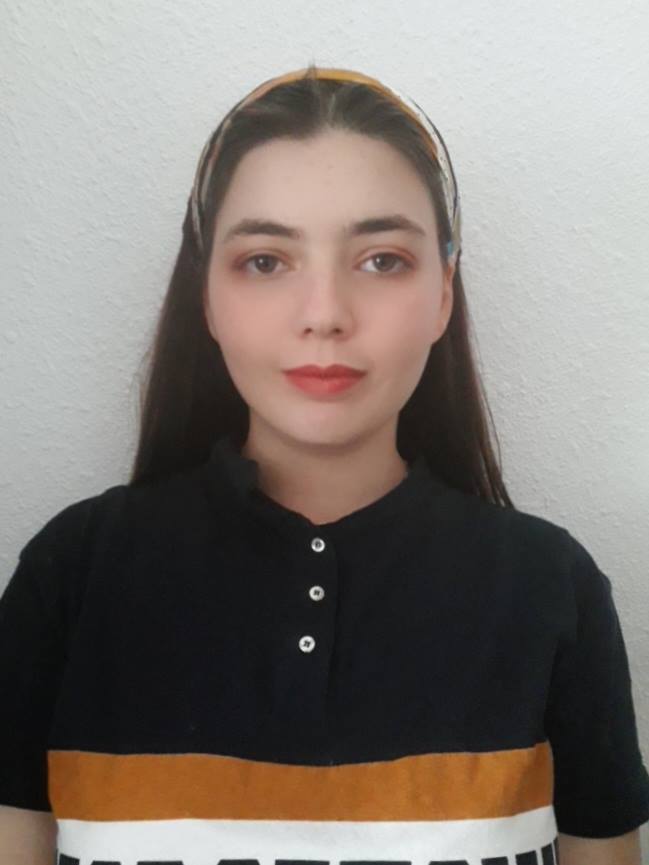In the first of many workshops for the B/C/S summer intensive course, we invited Tarik Moćević to the virtual stage. Tarik is the current Project Officer for “Think Nature!”, a three-year project with the goal of directly increasing the influence civil society has on ecological protection in Bosnia and Herzegovina. Since then, the “Think Nature” project has supported 41 projects and a total of 69 local civil society organizations, as well as 37 public schools. The project was organized by the Centre for Civil Society Promotion, one of the top and most influential organizations in the country.
“What’s especially important to us,” Tarik mentions during this introduction, “is how we see these figures, how we count these results. These are cleaning actions, agreements with public and private companies to reduce their use of plastic, involving local communities in environmental activities… These are real results.”
The “Think Nature” project can be broken down into five active components; Collaboration, ECO-Hubs, ECO-Schools, Youth Action, and ECO-Media. Collaboration works towards new, systematic, and joint solutions to ecological problems. ECO-Hubs allow for concentrated local efforts and resources to be used to educate, engage, and communicate with the community. ECO-Schools support ecological programs and extra-curriculars to be incorporated within curricula. Youth Action calls young adults to be proactive and volunteer in various activities. Finally, ECO-Media makes sure all these efforts are recorded and used to spread the word to possible new participants over various media platforms.
9 ECO-Hub networks exist across Bosnia and Herzegovina, with each operating in several municipalities at the same time. Some specific ECO-Hub activities Tarik presented included the clean-up of an illegal landfill between two municipality borders near Maglaj, an Open Day of the facilities during World Environment Day to spread awareness and individual eco-friendly practices in Mostar, and several cleaning actions of land and lakes around Blagaj.
“In all these events, these people who are working and cleaning up, usually teenagers, they aren’t official members of any organization. All these events are actively searching for volunteers,” Tarik says, responding to an audience question on how non-volunteers could still help Bosnia’s environment. The topic was related to how the “Think Nature” project actively works to involve young people in volunteer work, the promotion of new activities, and various creative or practical competitions. All this inspires a chain of new activists working with ECO-Hubs. “Change starts from the individual… we start within ourselves.”
Another project Tarik mentioned proudly was improving the implementation of technical inspections of motor vehicles, resulting in the publication of a practical manual for the additional application of ECO tests on engines. This manual also holds statistics showing pollution from gas vehicles slowly lowering over the past few years, even though it remains a problem.
Similarly, the project formed a parliamentary debate on solving the problem of air pollution in the city of Tuzla. In the winter of 2020, Tuzla was right next to Sarajevo with peak air pollution rates, making them some of the most polluted cities in the world. This debate was made to raise awareness among young people, which also resulted in several theatre plays and art installations in cooperation with the Tuzla Youth Theatre.
Tarik then moves on to their use of media platforms. “(We must be) aware that these topics we are talking about now, environmental protection, it isn’t represented that much in Bosnian media,” he explains. “We try to change that by awarding a percentage of our grants to media production.” This is a point Tarik returns to—the first step of progress is awareness, and the “Think Nature” project works to incorporate awareness in each activity.
However, the project doesn’t just supply grants. It also makes and supports ecological programs, one of which is the “I’m Planting, How About You?” campaign. This campaign worked to teach adults with no ecological experience on how to plant and sustain personalized gardens, working all over Bosnia and Herzegovina to provide these adults with the practical skills needed for effective food cultivation and the mental support it provides. As a result, the project distributed over 3,000 seeds to 100 families, produced 15 gardening tutorials, and held two micro-garden competitions.
In the end, the “Think Nature” project exists to support everybody in the civil sector—civilians, non-governmental organizations, and all kinds of activists—to become involved with the environmental protection of the country they live in. Whether this comes through cleaning activities, media awareness, school programs, or photography competitions, Tarik and the rest of his co-workers are working together to plant the idea of a better future.

Comments